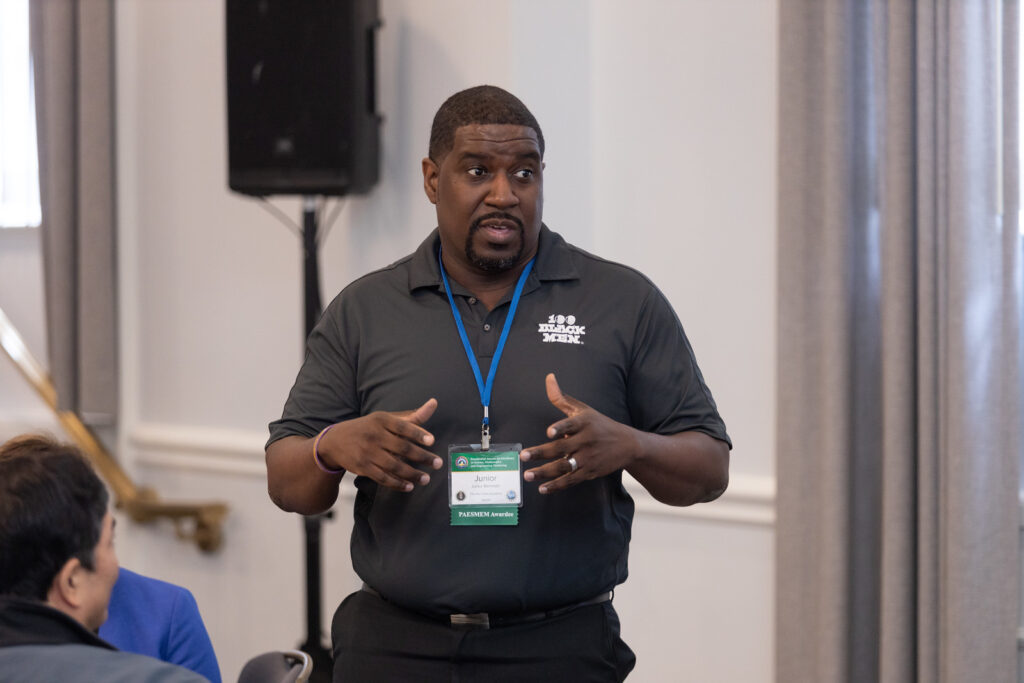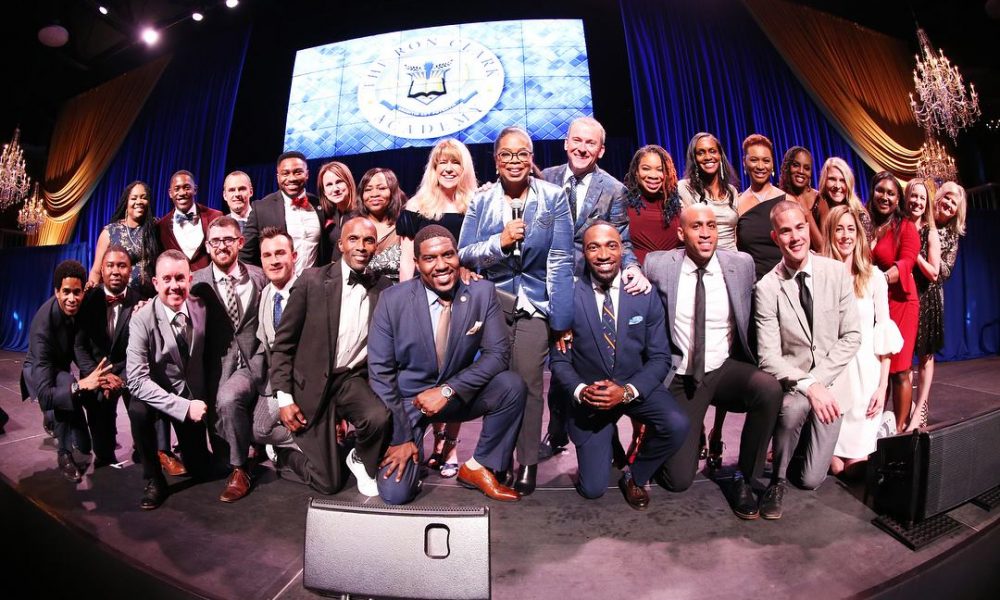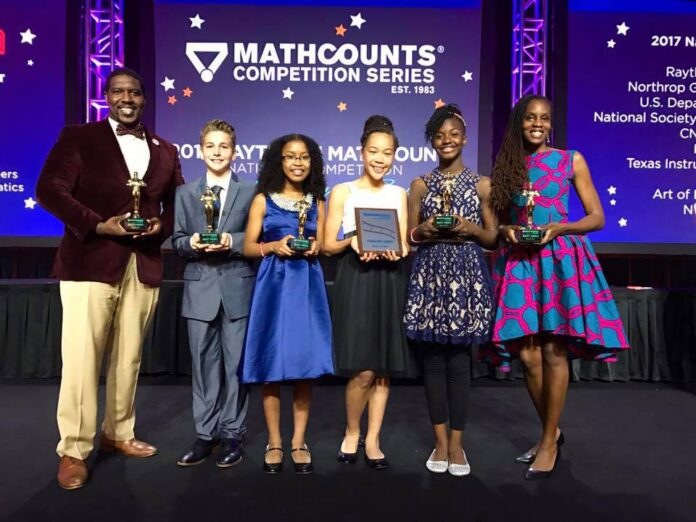( ENSPIRE Community Spotlight ) Haitian-American STEM Educator One of Two Black Men to Receive Award
ENSPIRE Contributor: Brandon Wood
Education is the engine for everyone’s future, which is driven by the dedicated efforts of educators. However, who educates these educators? That vital responsibility falls to people like Junior Bernadin, who stands as a beacon in his field. Junior Bernadin is a Haitian-American educator from Atlanta who has heavily involved himself in the future of the STEM field, using his personal passion to make the world a better place.
The various fields under STEM’s umbrella have proven vital in helping people around the world to analyze the world around them through various lenses of logic and reason. As a member of the STEM field himself, Junior Bernadin has taken it upon himself to both teach others to use these lenses and teach others to teach those lessons.

ENSPIRE reached out to Mr. Bernadin for further details about his career and aspirations.
What initially inspired you to train educators?
Throughout my professional career, I have never really looked at myself as a trainer of educators. Working in education, I have always looked at this opportunity as a moment to share strategies and techniques that I have learned over the past 15 years. I loved hearing about both the great work and the challenges that other educators were facing. Ultimately, I wanted to do my part to help my fellow educators hoping they can continue to inspire students everywhere. Ironically, I would find myself working at the Ron Clark Academy, a highly acclaimed, nonprofit middle school and premier educator training facility.
Why did you mentor in the STEM fields?
There is a lack of representation for Blacks, Hispanics, and women in STEM-related fields. Access and resources to STEM curriculum can be a major barrier for the underrepresented. As the son of Haitian immigrants who migrated to America in search of the American dream, I knew these barriers all too well. My parents faced many hardships and challenges, which have shaped me and taught me that the best things in life are available to those who choose to pursue them. My parents instilled in me a strong sense of inner strength, determination, and perseverance. This, coupled with my passion, personality, and enthusiasm, are the characteristics that I used to describe my love for impacting the lives of our youth through STEM and service. As a result, I have dedicated my life to providing exposure to STEM to our underrepresented youth.
What is your favorite aspect of mentoring?
My favorite aspect of mentoring has always been the concept of empowering my mentees (students and adults) to see the world through a different lens. One important factor of my mentoring style is to focus on the “WHY?” I believe my mentees should understand why their voice and presence are absolutely necessary for the field. Whether we are focusing on compassion-based engineering projects, exploring generative adversarial networks, examining use cases for virtual reality, or learning about the impact of biases in artificial intelligence, I implore my mentees to see and understand the impact that STEM has on their everyday lives. Part of this process also allows them to focus on three major concepts:
1. What went right?
2. What went wrong?
3. How can we improve the process to make it better?
Would you recommend others get involved in mentoring future educators as well? If so, how could they start?
I believe that mentoring on all levels can be a powerful tool to assist with growth. Having a community of educators to guide you through becoming an educator, best practices, and pitfalls to avoid can really improve one’s chances of becoming a great educator. There is also a need for more diversity in education, which means we must do more to invest in underrepresented educators as a society.
If you are interested in mentoring future educators, consider joining or consulting with a professional organization that you are a part of. Many of these types of organizations provide connections and resources to their members. Interested mentors could look into opportunities through their alma maters. My final recommendation would be to get involved in organizations like your local National Education Association affiliate, state Computer Science Teaching Association, 100 Black Men of America, National Society of Black Engineers, Society of Women Engineers, or other organizations that are serving youth and/or educators.

Junior Bernadin was nominated for and received the Presidential Reward for Excellence in Science, Mathematics, and Engineering Mentoring in 2022, marking him as one of the two Black men to receive the award this year. His passion for the field is both readily displayed and something to aspire toward. In the future, the work of Junior Bernadin and those like him will continue to inspire others to reach new heights in education, whether as students or as mentors.
Related Articles: Why Language Development for Black Youth is So Important, LaTanya Brooks is Inspiring a Diverse Generation of STEM Masterminds







